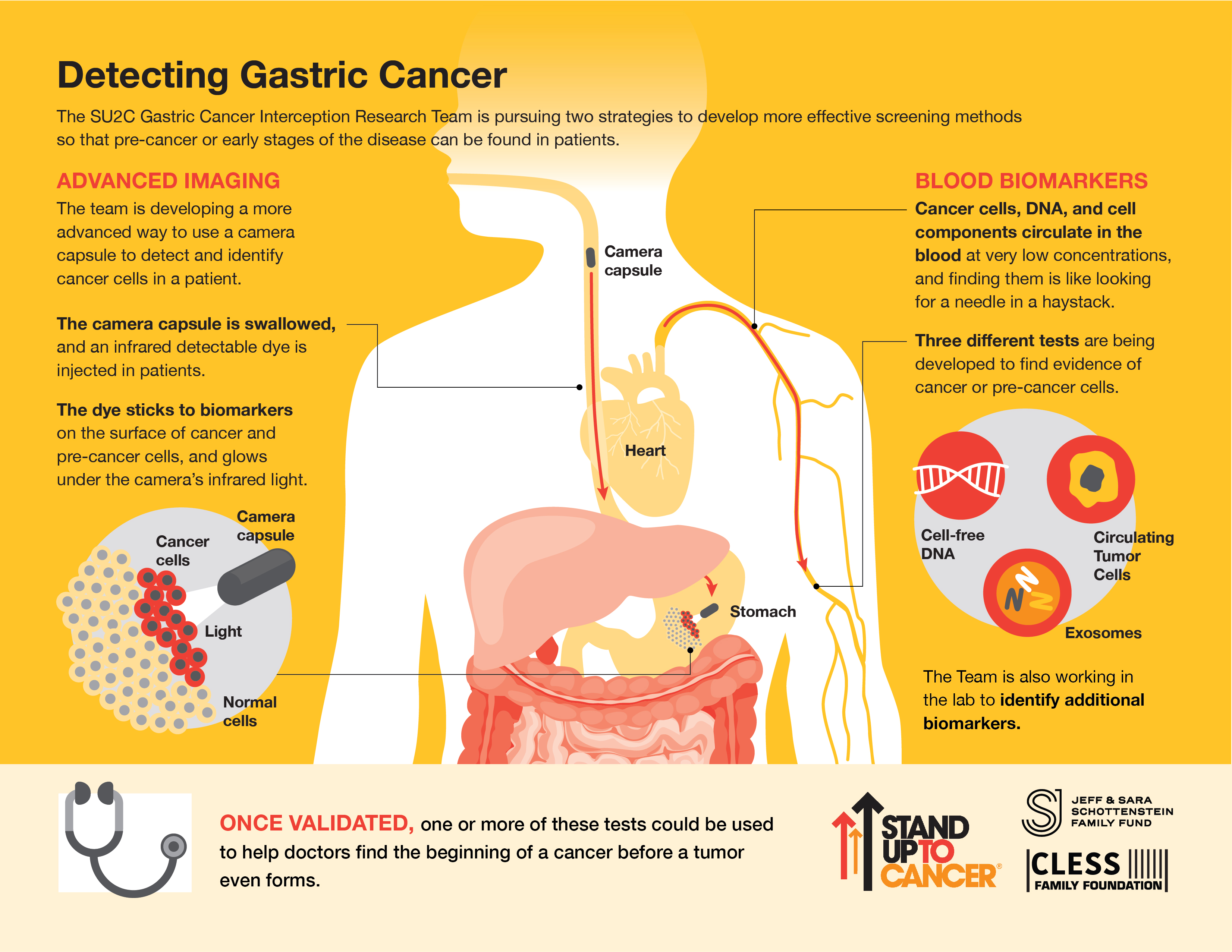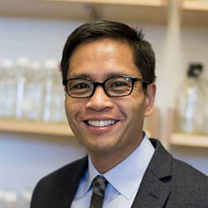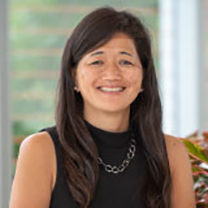Gastric (stomach) cancer is the third-leading cause of cancer death worldwide. New ways are needed to detect this cancer early when it can be successfully treated. This Research Team is working to identify biomarkers, such as particular bits of DNA or cells shed from the tumor, that circulate in the blood system and indicate the presence of gastric cancer. The Team has also developed a new detection technology using a pill-sized camera that can be swallowed by the patient and a marker that “lights up” cancer cells. This may enable researchers to capture images of stomach tissue at risk of developing cancer. If validated in a clinical trial, these methods will help doctors screen people in groups at risk of gastric cancer.
- Who We Are
Stand Up To Cancer works relentlessly to offer the newest, most effective, and most promising cancer treatments to patients quickly by bringing together the best minds to collaborate, innovate, and share cancer research.
Visit Who We Are - What We Do
Stand Up To Cancer enables scientific breakthroughs by funding collaborative, multidisciplinary, multi-institutional scientific cancer research teams and investigators. Thanks to the support of our dedicated partners and the entertainment community, SU2C is able to bring widespread attention to cancer research and treatments.
Visit What We Do - Clinical Trials
Research is changing the way cancer is being treated. If you’ve been diagnosed with cancer, a clinical trial may offer access to the latest and most promising science, while helping to light the path for future survivors.
Visit Clinical Trials - For Patients & Caregivers
We understand the challenges a diagnosis can bring. Browse through our list of patient and caregiver resources to help you throughout your cancer journey, and learn more about clinical trials.
Visit For Patients & Caregivers - Research
Stand Up To Cancer was created to accelerate groundbreaking cancer research that will get promising new cancer treatments to patients quickly. We won’t stop until every cancer patient is a long-term cancer survivor.
Visit Research - Ways to Give
Donations can be mailed to:
Stand Up To Cancer
P.O. Box 843721
Los Angeles, CA 90084-3721
Visit Ways to Give - Telecast 2023




